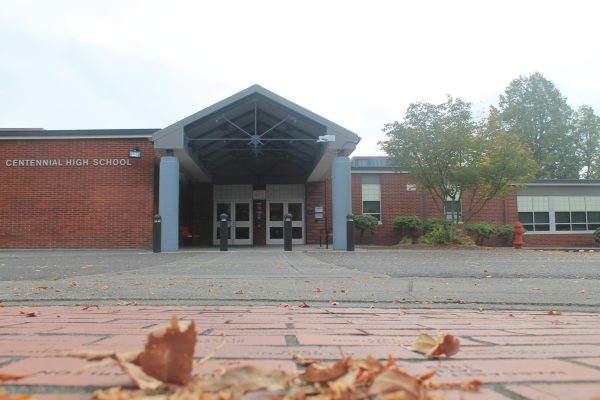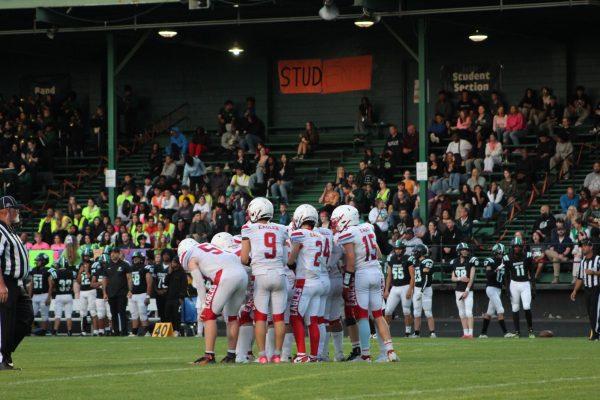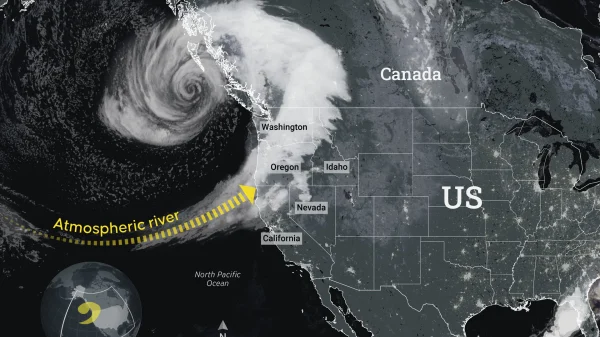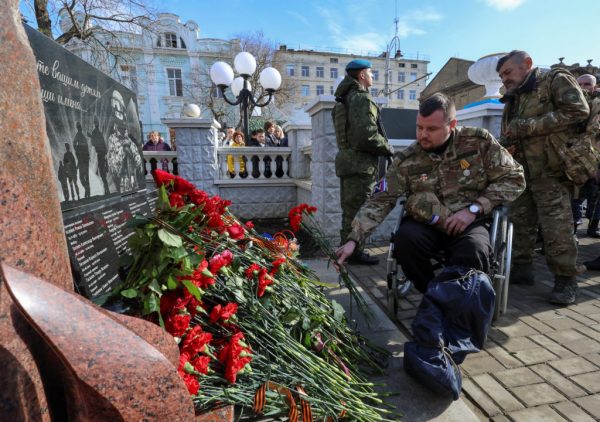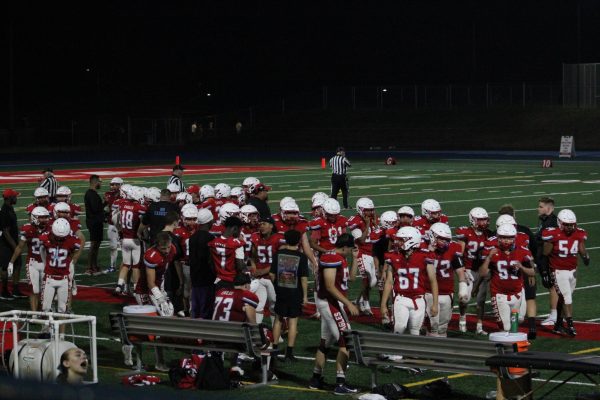Peter Pan: Love Him or Hate Him?

Peter Pan is the lovable character from ‘Disney’ we all know as the boy who never grows up. Or is he? From his origins, to the novel, to modern adaptations, how Peter is imagined and treated is drastically different. In some he is the hero, in others he is a cruel villain, and for either, you really don’t need to stray that far from the original story.
The inspiration of Peter Pan is an odd one. The creator J. M. Barrie received inspiration for the character from Greek mythology, the five Llewelyn Davies boys, and his older brother David. His brother David died in a skating accident when he was 13 or 14 and Barrie was six. David was a promising child with a promising future and their mother never emotionally recovered from the accident. The consolation she received was that her child would never grow up. Hence, Peter never growing up. The name Peter comes from the middle Llewelyn boy named Peter who got teased throughout his life for that fact. The surname Pan, while not confirmed, is speculated to come from the Greek God Pan. In mythology Pan is known for being the God of the wild, shepherds and flocks, rustic music and impromptus, and companion of the nymphs. He is overall a carefree God who loves nature and resents responsibility much like Peter Pan.
The book origin of Peter Pan is even weirder than the inspiration. The prelude book, sometimes incorrectly referred to as a prequel, is “The Little White Bird” by J. M. Barrie. “The Little White Bird” is about a bachelor who befriends a boy named David, and they go on adventures around London. Peter is described in that book as a week old baby, who is ‘betwixt and between’ a boy and bird. In the book all babies start as birds and because Peter can fly, he flies away from his nursery and to Kensington Gardens to hang out with the fairies. When he goes home he sees that his old room is boarded up and his mother has a new baby. So he goes back to Kensington Gardens.
Peter isn’t very nice. In most depictions he is seen as self-centered, proud, and anarchical. He is also very forgetful. In the novel as the Darling children traveled to Neverland Peter would often leave them behind or try to make them fall into the sea for his entertainment. For the Lost Boys who were still young children he never took care of them. Peter would sometimes forget to feed them or make them eat imaginary food if he didn’t feel like eating. The trees to enter the hangout were not carved to fit the Lost Boys but the boys were made to fit the tree. Peter would stuff the boy’s clothes with fur if he was too small or if the boy were too big he would ‘alter’ him. Peter ‘thins the herd’ when the Lost Boys start to get too old or if there are too many of them. He feels no remorse after doing so, and he kills pirates easily.
The book ‘Lost Boy: The True Story of Captain Hook’ by Christina Henry takes a very realistic approach to Peter Pan through the eyes of a Lost Boy. Peter treats the Lost Boys like playthings and when he gets bored with them, he would kill them or send them off to die because he can always get more and because Peter is a child. In the book, the main character Jamie says, “Was this, too, part of growing up? Was it facing the bad things you’d done as well as the good, and knowing all your mistakes had consequences?” The prefrontal cortex which is responsible for impulse control, and attention is not fully developed until the age of 25. Peter is far from being that age meaning that those parts of his brain aren’t fully developed. He doesn’t have the mental capacity to realize what he’s doing is wrong. Located in the prefrontal cortex is the anterior cruciate cortex which specifically controls empathy and emotion which also won’t develop fully till the age of 25 so, again Peter can’t know better if his brain is still a child. His empathy isn’t fully developed, so he can’t connect well with others or understand their hurt. Part of growing up is indeed learning that what you do has consequences and Peter doesn’t have that.
But if Neverland is just a game because that’s what it started as, with Peter as its hero, then it is OK to treat the Lost Boys, pirates, and other people on the island as playthings because that’s what they are. Peter is a kid who is playing and having fun. Neverland started as a game played between Barrie and the Llewelyn Davies boy’s. They played at Barrie’s retreat house at Black Lake Cottage. They played and went on adventures together which in turn gave Barrie the idea for Peter’s Lost Boys. When viewed that way Peter is not evil he is just the main character and everyone else is the supporting cast.
If you look at Peter and treat him like a real person then Peter in essence is a horrible person. But if you look at him like he is a child who doesn’t have any parents and in his eyes a mother who abandoned him then he is merely a kid who doesn’t know better. With this information should Peter Pan be loved or hated?

